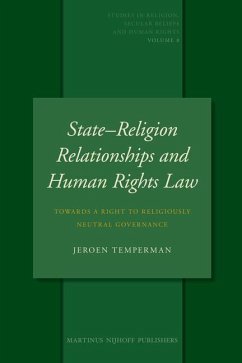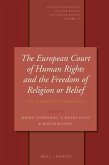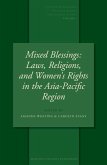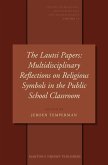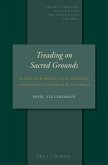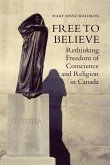This book presents a human rights-based assessment of the various modes of state religion identification and of the various forms of state practice that characterize these different state religion models. This book makes a case for the recognition of a state duty to remain impartial with respect to religion or belief in all regards so as to comply with people s fundamental right to be governed, at all times, in a religiously neutral manner. As this book demonstrates through the various case studies there is increasing interest and concern at the manner in which questions concerning the enjoyment of the right to the freedom of religion or belief bear upon key questions concerning the governance of democratic society. Issues raised involve matters concerning employment, education, expression, association and, more generally, the interface between religion and political life. The existing literature often traces these concerns back to the need to consider the place of religion in contemporary society but leaves matters there. Another body of academic literature explores the theoretical dimensions of that relationship but fails to connect it to the practice of states in order to test out the propositions which are the product of these reflections. The great virtue of this work is that is seeks to unite these various enterprises and engages head on with the challenges which this produces The aim is to demonstrate and illustrate the key contention: that there is an emergent right to religiously neutral governance, and that this is incompatible with the continuation of systems which offer preference to particular forms of belief system religious or otherwise. A chief virtue of this book is that it works through the consequences of this claim in a fearless fashion, posing challenges for those states which continue to use their legal frameworks to offer support (directly or indirectly) for historical, dominant or favoured forms of religion or belief. It challenges received assumptions and, by driving the logic of contemporary human rights thinking to the foundations of state-religion relationships performs a valuable service for those engaging with this most difficult and timely of questions. Malcolm D. Evans, Professor of Public International Law, University of Bristol
Hinweis: Dieser Artikel kann nur an eine deutsche Lieferadresse ausgeliefert werden.
Hinweis: Dieser Artikel kann nur an eine deutsche Lieferadresse ausgeliefert werden.

